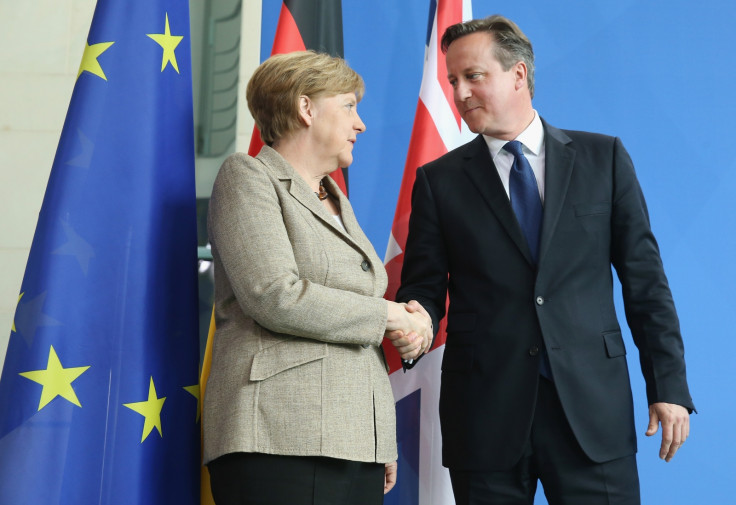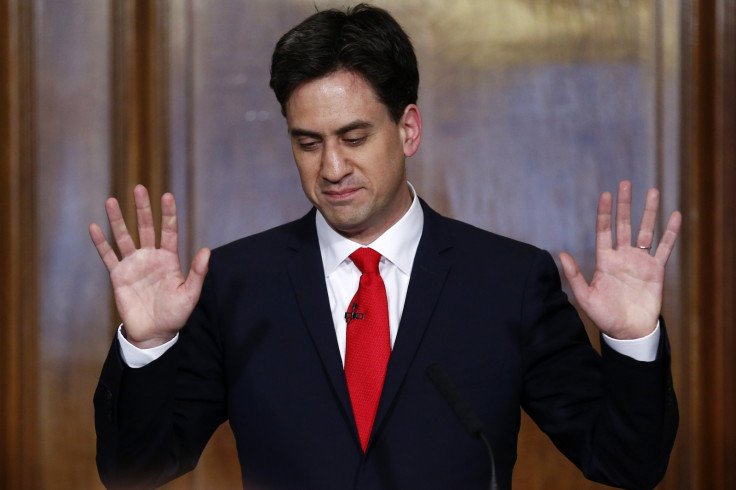We must support a proper renegotiation with Europe

Who in Britain really wants the UK to be part of a federal Europe? Who is happy to see the UK's net contribution to EU funds – £11.5bn in 2014 – as high as it is? Who really believes it is sensible to allow unrestricted immigration from the poorer parts of Central Europe at the expense of Indian programmers or Chinese students? Who genuinely supports the CAP or the CFP? And who is happy to see more and more powers transferred from Westminster to Brussels? The answer is almost nobody.
The establishment doesn't want change
Yet now that we have an opportunity to renegotiate our terms of membership along the lines that the vast majority of the electorate would like to see being achieved, we have the extraordinarily depressing spectacle of vast swathes of the establishment doing their best to make sure that little if anything will be accomplished. Why is this? Because the one way to guarantee that almost nothing will change is for all these people to say that they will vote to stay in the EU irrespective of what renegotiation brings.
Nothing could be more certain to ensure that the concessions made by our fellow member states are kept as small as possible. Everyone wants a quiet life. Why bother to make concessions to ensure that the UK stays in the EU if everyone is telling you that a "stay in" vote is a pretty well certain outcome?
This is why those who have a strong preference for us staying in the EU should support the government in negotiating the best possible deal for the UK – and for the EU too, where our interests in reform coincide as they do in a number of important respects, such as freeing up the Single Market for services.
To do this, however, you have to be, at least in principle, willing to wait to see what the renegotiation brings first, and then to make up your mind, when you see what is on offer, whether what is available is good enough – and to be willing to say "no" if it isn't.
Not adopting this attitude may well turn out to be a catastrophic error for those who are desperate for us to stay in the EU whatever the terms available. If the consequence of their attitude is that renegotiation changes very little, two really important consequences flow. One is that the chances of an "out" vote must increase. The second is that, even if there is an "in" outcome, this will not settle anything.
The electorate will not be fooled
The Prime Minister is going to be under enormous pressure to portray whatever he renegotiates as a triumph and no doubt those who want us to stay in the EU at any price will support him. But will the electorate be so easily fooled – especially if in a year or two's time the Eurozone is still mired in crisis, quite possibly with the Single Currency falling apart? Resentment at what many people will see as not a triumph but a stitch-up may be strong enough to produce exactly the result which those most wedded to our EU membership want to see – the referendum producing an "out" vote.

'I think the Labour Party has to rethink its strategy. The Ed Miliband approach was to reconnect with the core support, rather than focus on the wider constituency, as Tony Blair did. I think the Labour Party has to revert once to that wider focus, without necessarily going back to Blairism. And they have to win the confidence of British business and Middle England.'
Read John's take on Ed Miliband here.
Even if it produces an "in" result, the less that changes as a result of renegotiation, the weaker any majority in favour of staying in is likely to be. The narrower the majority, the more people will feel discontented at the outcome. Instead of the referendum settling the issue of the UK's EU membership on a permanent basis, the more likely it will be that nothing will change. We will still be in the EU but with a large and vocal majority feeling that the wrong decision had been taken. In these circumstances, Euroscepticism will not die out. It will continue much as before.
Now is the best time to renegotiate our relationship
The tragedy of all this is that, over the next year or two, there may be a much better opportunity for the UK to refashion its relationship with the EU than has ever been available before. There have to be major moves towards a federal Europe by those in the Single Currency if it is to survive. The UK, as a non-Single Currency member, will have to have a special status created for us to be accommodated.
If we could build on this, we might well be able to achieve most, if not all of the changes which the UK really wants. But we will have to push hard for this outcome. The one way to guarantee that it won't be achieved is to make it clear that we are not going to try to make it happen. This is why campaigning for staying in, whatever is on offer, is such a poor strategy. Whatever these people may say about reforming our relationship with the EU, what they do makes it more likely that either we vote "out" or nothing changes.
John Mills is founder of consumer products company JML and a prolific commentator on economics. He runs his own blog, which can be found here.
© Copyright IBTimes 2025. All rights reserved.






















